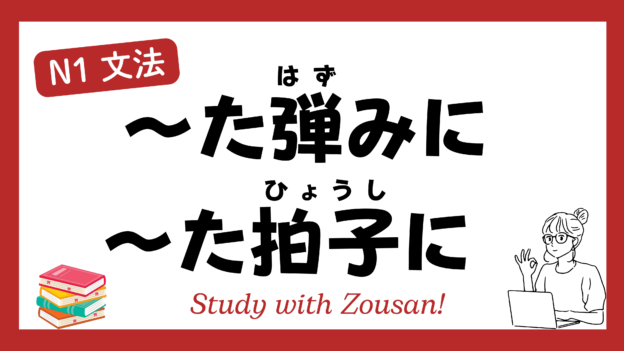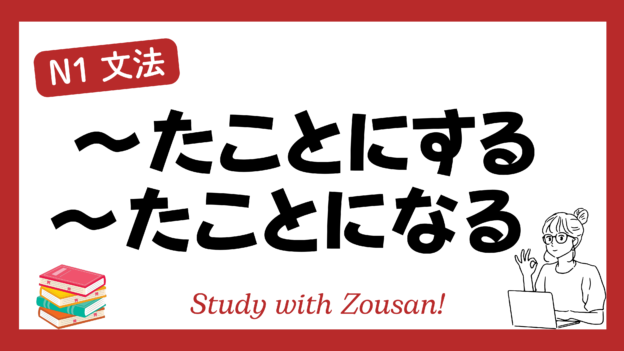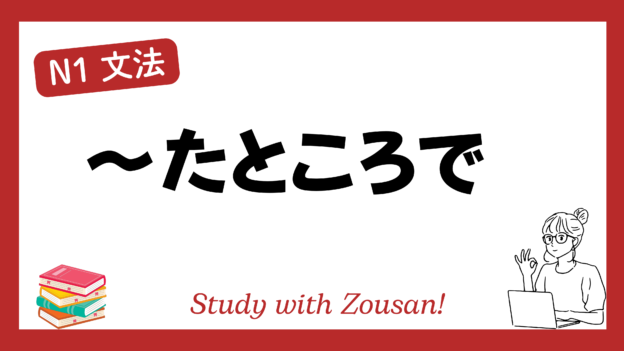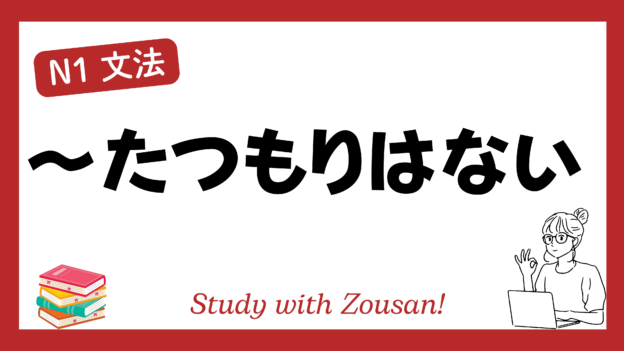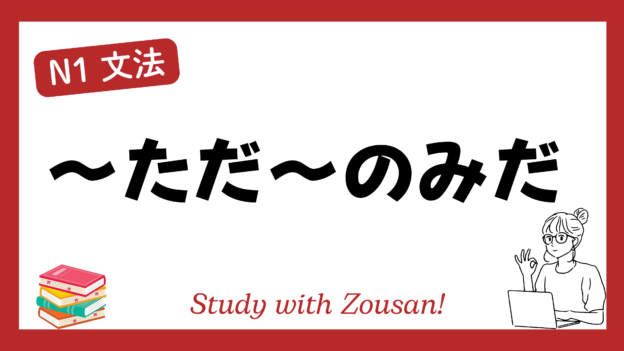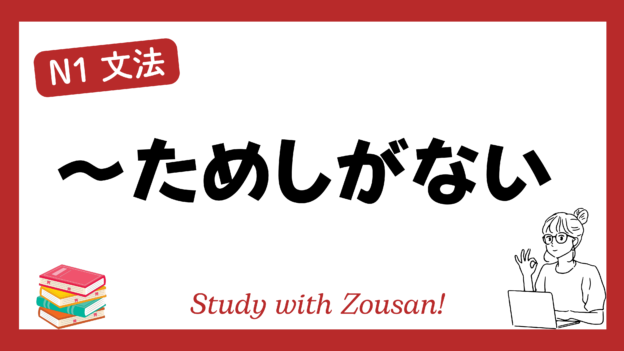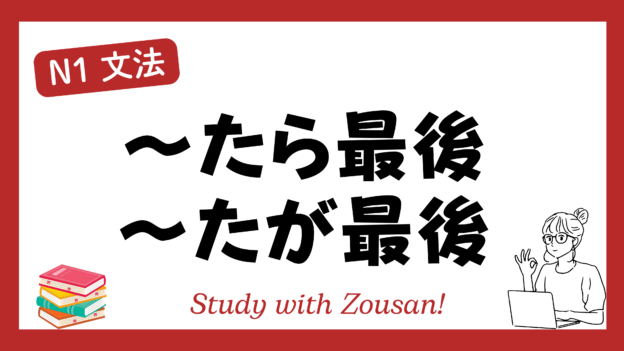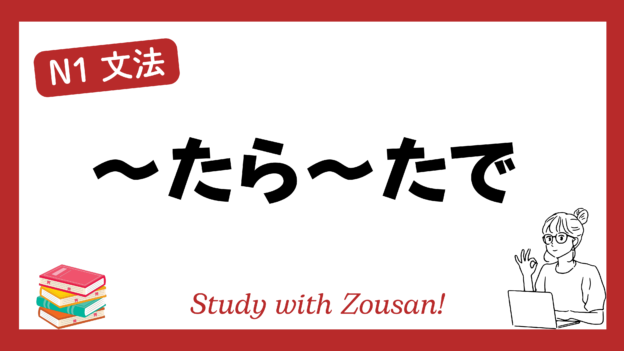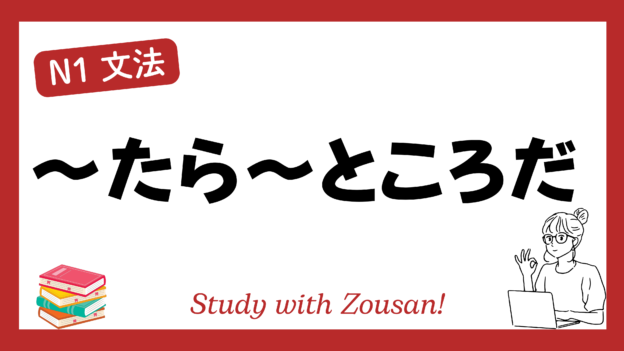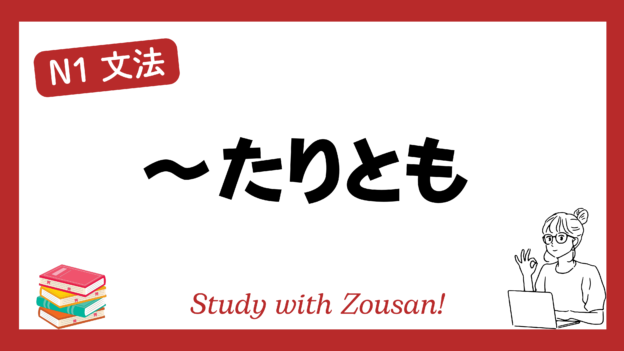Meaning: “As soon as…”, “When…”
These structures are used to describe an unexpected or unintended action that occurs immediately after another action. “弾みに” emphasizes the suddenness, while “拍子に” can be used more generally to indicate an action that occurs right after another.
※Note: Both structures convey the sequence of actions, but “拍子に” is more common in both spoken and written language, while “弾みに” stresses the element of surprise.
Structure:
| Verb (た form) + | 弾みに(はずみに) 拍子に(ひょうしに) |
Example:
-
-
-
🌟 転んだ拍子に、携帯電話を落としてしまった。
(ころんだ ひょうし に、けいたい でんわ を おとしてしまった。)
When I fell, I accidentally dropped my phone. -
🌟 くしゃみをした弾みに、飲んでいたコーヒーをこぼしてしまった。
(くしゃみ を した はずみ に、のんでいた こーひー を こぼしてしまった。)
As I sneezed, I spilled the coffee I was drinking. -
🌟 荷物を持ち上げた拍子に、腰を痛めた。
(にもつ を もちあげた ひょうし に、こし を いためた。)
I hurt my back when I lifted the luggage. -
🌟 ドアを開けた弾みに、猫が外に飛び出した。
(どあ を あけた はずみ に、ねこ が そと に とびだした。)
As I opened the door, the cat dashed outside. -
🌟 転んだ拍子に、ズボンが破れた。
(ころんだ ひょうし に、ずぼん が やぶれた。)
When I fell, my pants ripped. -
🌟 ジャンプした弾みに、靴が脱げた。
(じゃんぷ した はずみ に、くつ が ぬげた。)
As I jumped, my shoes came off. -
🌟 バスに乗った拍子に、財布を落としてしまった。
(ばす に のった ひょうし に、さいふ を おとしてしまった。)
As I got on the bus, I dropped my wallet. -
🌟 笑った弾みに、飲み物を吹き出してしまった。
(わらった はずみ に、のみもの を ふきだしてしまった。)
As I laughed, I accidentally spit out my drink. -
🌟 椅子に座った拍子に、椅子が壊れた。
(いす に すわった ひょうし に、いす が こわれた。)
When I sat down on the chair, it broke. -
🌟 転んだ弾みに、頭を打ってしまった。
(ころんだ はずみ に、あたま を うってしまった。)
As I fell, I hit my head.
-
-


